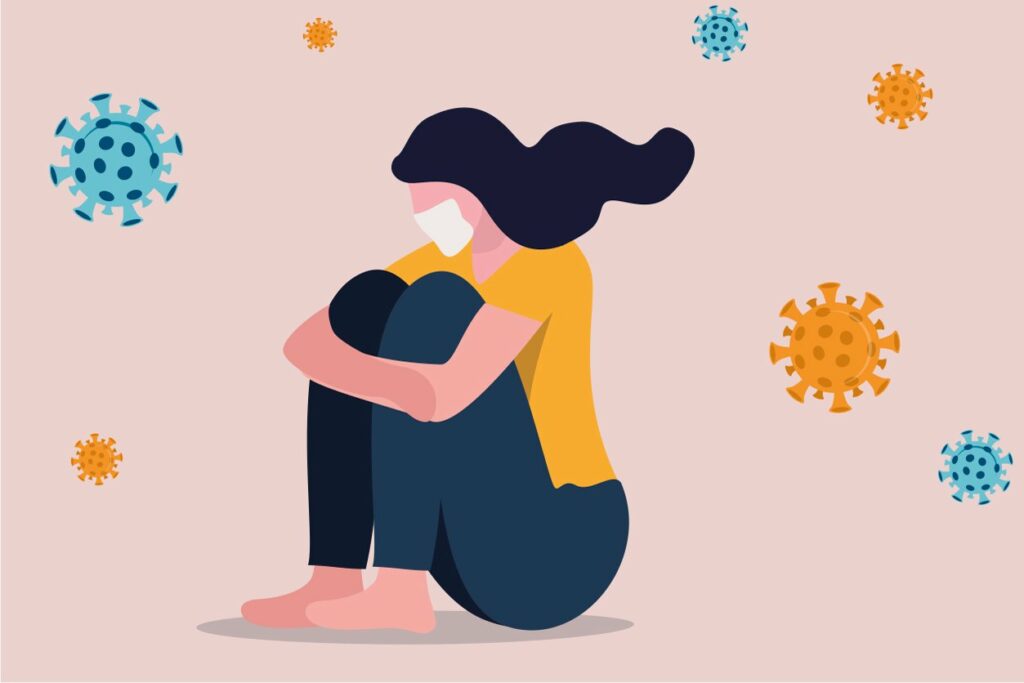
The global crisis caused by the COVID-19 Pandemic has created conditions for a global rise in gender-based violence. Confinement and isolation in private spaces and social distancing in public ones add extra pressures on every-day life, homes become increasingly unsafe for victims, mostly women and girls, but also LGBTQ adults and children.
While seeking to prevent infection from COVID-19 by being confined to private spaces, victims become even more vulnerable and exposed to multiple threats to their physical and psychological safety putting at risk their lives and integrity. While this rise in gender-based violence has been documented in relevant statistical data from helplines and the police across the globe, there is evidence to suggest that it might be even more widespread as escape routes and access to social services decrease during lock downs and financial resources drain.
Although there have been several responses from different governments across the world, further strengthening of available social services, data collection, capacity building of key service providers as well as social awareness campaigns are needed. Although most European states, including Greece, Iceland and Norway have acknowledged the problem and put in place emergency policies to deal with the rise of domestic violence during the lock-down, the crisis has exposed how widespread gender violence is and has highlighted the urgency to strengthen existing ones and find new ways of dealing with it.
- Online Guest LecturesExacerbating an already dangerous problem: Gender-based violence in COVID times08 Mar 2021

